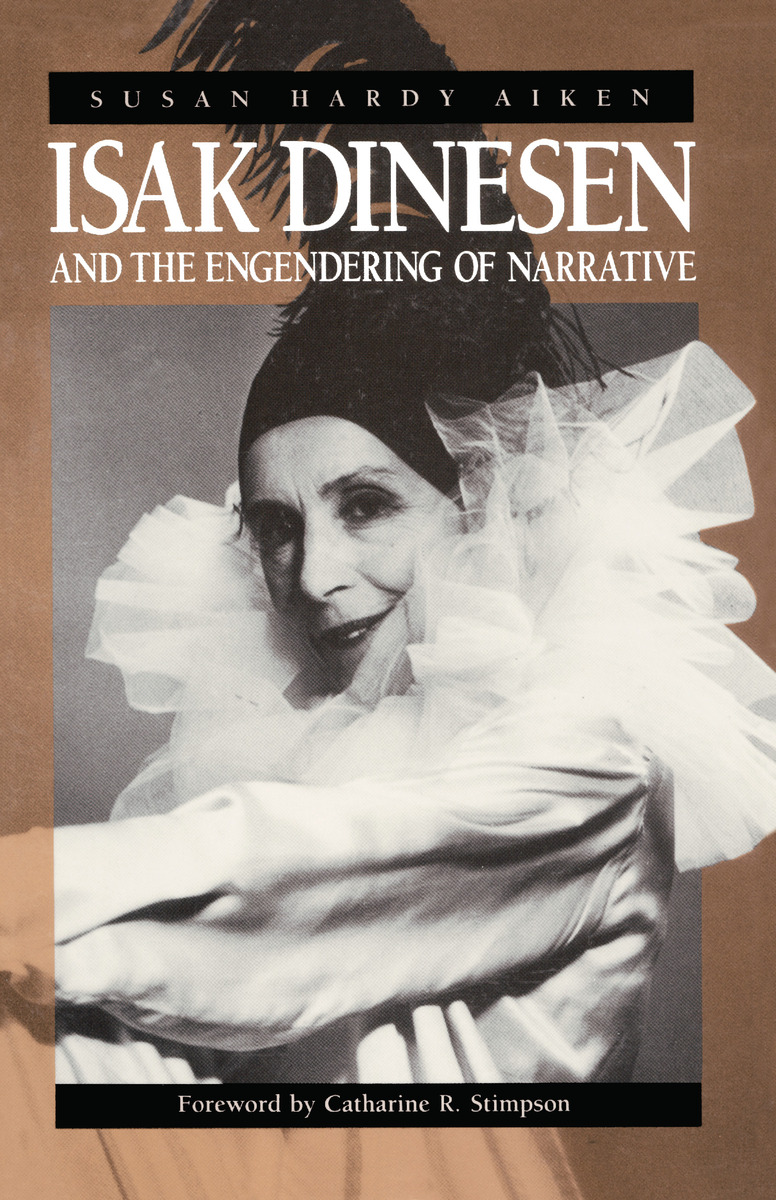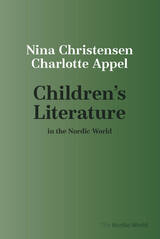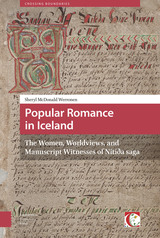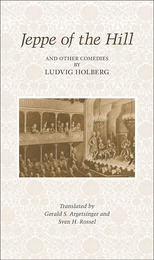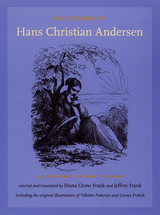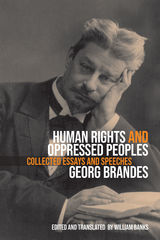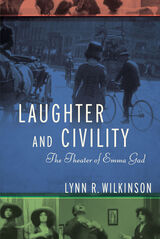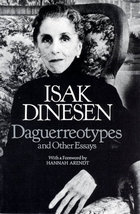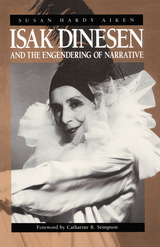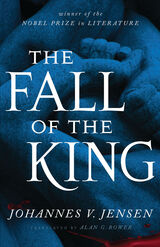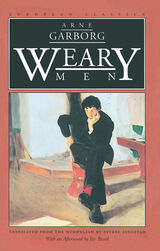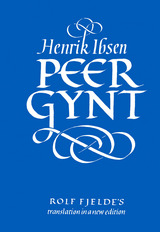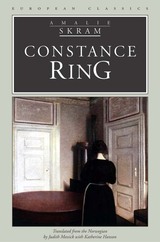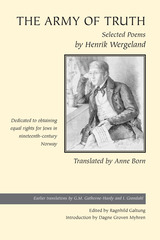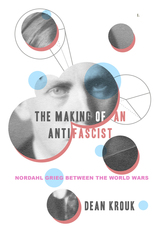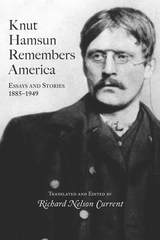Isak Dinesen and the Engendering of Narrative
University of Chicago Press, 1990
Cloth: 978-0-226-01112-7 | Paper: 978-0-226-01113-4
Library of Congress Classification PT8175.B545Z54 1990
Dewey Decimal Classification 839.81372
Cloth: 978-0-226-01112-7 | Paper: 978-0-226-01113-4
Library of Congress Classification PT8175.B545Z54 1990
Dewey Decimal Classification 839.81372
ABOUT THIS BOOK | AUTHOR BIOGRAPHY | TOC | REQUEST ACCESSIBLE FILE
ABOUT THIS BOOK
Although Isak Dinesen has been widely acclaimed as a popular writer, her work has received little sustained critical attention. In this revisionist study, Susan Hardy Aiken takes up the complex relations of gender, sexuality, and representation in Dinesen's narratives. Drawing on feminist, psychoanalytic, and post-structuralist theories, Aiken shows how the form and meaning of Dinesen's texts are affected by her doubled situations as a Dane who wrote in English, a European who lived for many years in Africa, and a woman who wrote under a male pseudonym within a male-centered literary tradition.
In a series of readings that range across Dinesen's career, Aiken demonstrates that Dinesen persistently asserted the inseparability of gender and the engendering of narrative. She argues that Dinesen's texts anticipate in remarkable ways some of the most radical insights of contemporary literary theories, particularly those of French feminist criticism. Aiken also offers a major rereading of Out of Africa that both addresses its distinctiveness as a colonialist text and places it within Dinesen's larger oeuvre.
In Aiken's account, Dinesen's work emerges as a compelling inquiry into sexual difference and the ways it informs culture, subjectivity, and the language that is their medium. This important book will at last give Isak Dinesen's work the prominence it deserves in literary studies.
In a series of readings that range across Dinesen's career, Aiken demonstrates that Dinesen persistently asserted the inseparability of gender and the engendering of narrative. She argues that Dinesen's texts anticipate in remarkable ways some of the most radical insights of contemporary literary theories, particularly those of French feminist criticism. Aiken also offers a major rereading of Out of Africa that both addresses its distinctiveness as a colonialist text and places it within Dinesen's larger oeuvre.
In Aiken's account, Dinesen's work emerges as a compelling inquiry into sexual difference and the ways it informs culture, subjectivity, and the language that is their medium. This important book will at last give Isak Dinesen's work the prominence it deserves in literary studies.
See other books on: Narration (Rhetoric) | Narrative | Sex role in literature | Technique | Women in literature
See other titles from University of Chicago Press
